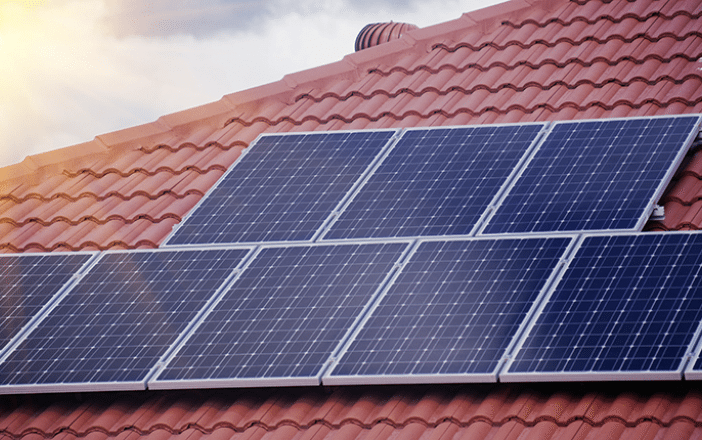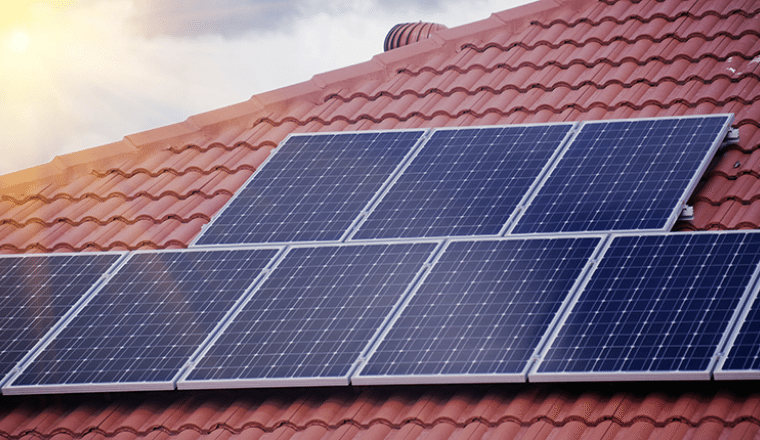

Big three gen-tailer – and Australia’s leading commercial solar installer – Origin Energy has thrown its weight behind calls for the federal Small-scale Renewable Energy Scheme to be wound up early, ahead of its scheduled phase-out in 2030.
The SRES, which provides an upfront rebate for rooftop solar installations, was targeted by the Australian Competition and Consumer Commission as part of its review of electricity pricing and supply, and where it has gone wrong for consumers.
The ACCC recommended closing the scheme in 2021, nine years ahead of schedule, not just because the costs of installing solar had dropped, but because of the cost – relatively very, very small – that the subsidy was adding to the power bills of non-solar households.
“Removing the SRES would save an average residential customer in the NEM $15–30 per year depending on state,” it said last month – which as we noted at the time equates to a saving to households of between 28c and 56c a week.
“This could be done by stating that certificates would no longer be created by new installations, or required to be redeemed by retailers, after a certain time.”
The “bombshell” proposal drew an instant response from the local solar industry, particularly in light of the fact that the ACCC had at the same time proposed the subsidisation of new “dispatchable” generation, including coal and gas plants.
Smart Energy Council CEO John Grimes, among others, expressed his disbelief that the ACCC would target “the one thing householders can do to slash their power bills.”
But in comments during the company’s 2018 fully-year results briefing, Origin CEO Frank Calabria said he agreed that the SRES should be abolished, because there was no need for it any more, and because it added to the cost of consumer electricity bills.
“The rooftop SRES has been in place for a number of years, and we believe the cost of those (rooftop solar) systems no longer warrants the subsidy being in place,” Calabria said.
And he added that removing the shared cost of the subsidy was the “overall right thing to do.”
Significantly, Origin, as noted above, is currently Australia’s number one solar provider for business, and is in the top three in the residential rooftop solar market, too.
Calabria says this just reinforces that his position on the matter is well considered, and backs his belief that the early removal of the SRES will have little to no impact on the currently booming market.
But others in the industry have a distinctly different view, including Ric Brazzale from Green Energy Trading, who notes that the benefits to consumers through keeping the scheme far outweigh the benefits to consumers of scrapping it.
“Small-scale Technology Certificates (STCs) through the SRES currently provide an up-front discount equivalent to 36 per cent of the total cost of a residential solar PV system,” Brazzale told One Step in an email.
“The STCs effectively represent the value of emission reductions from the solar system over the next 13 years of generation (systems typically last for 25 years or more). The number of STCs progressively reduces so that by 2020 only 11 years of generation and emissions reductions are recognised.
“The effect of scrapping the SRES by 2021 (as recommended by the ACCC) is to dramatically reduce the economics of solar PV at a time when the wholesale price of electricity and the export value (feed-in tariff) are also expected to reduce,” he said.
“The typical cost of a 5kW residential system will increase by $2,750 (45 per cent). This will lead to a three to four-year increase in the number of years that a system will take to pay back its capital.
“Combined with the reduction in the value of exported electricity this will lead to a dramatic reduction in the number and size of solar PV systems installed.”
Brazzale said it was difficult to project what sort of impact that cutting short the SRES would have on the growth of the industry – that is, capacity installed – but says he expects it to be “material, with thousands of jobs lost.”
And he added, “in quite a bizarre twist, if the government accepts the ACCC’s recommendations we have the perverse situation where the emission reductions from new roof-top solar are not recognised under the NEG, while at the same time old hydro and gas projects (that do not involve any new investment) will be recognised and rewarded.”
Where the federal government stands on all this, we don’t yet know. They’re not saying, and no one in mainstream media is asking.
But the ACCC is not letting it go – chair Rod Sims again recommended killing off the SRES in his briefing with National Party MPs on Monday, as part of a package of his proposed energy market reforms.
And with the soupy mess of National Energy Guarantee policy set to stew for another six weeks, anything seems possible.
Reassuringly, however, Warwick Johnston, PV analyst from Sunwiz, doesn’t think the SRES is in any real danger.
Not from the Turnbull government, at least, which already has its hands full trying to win the states and territories over to a NEG that appears to push large-scale renewable investment off a cliff. And not when rooftop solar is so clearly so popular with voters.
“I think they’d be cutting themselves off at the knees if they tried to do anything (like that), particularly this close to an election,” Johnston said on this week’s Solar Insiders Podcast with Giles Parkinson and Nigel Morris.
“I highly doubt they’re going to reduce the SRES. It’s such a popular thing.”

Sophie is editor of One Step Off The Grid and editor of its sister site, Renew Economy. Sophie has been writing about clean energy for more than a decade.

